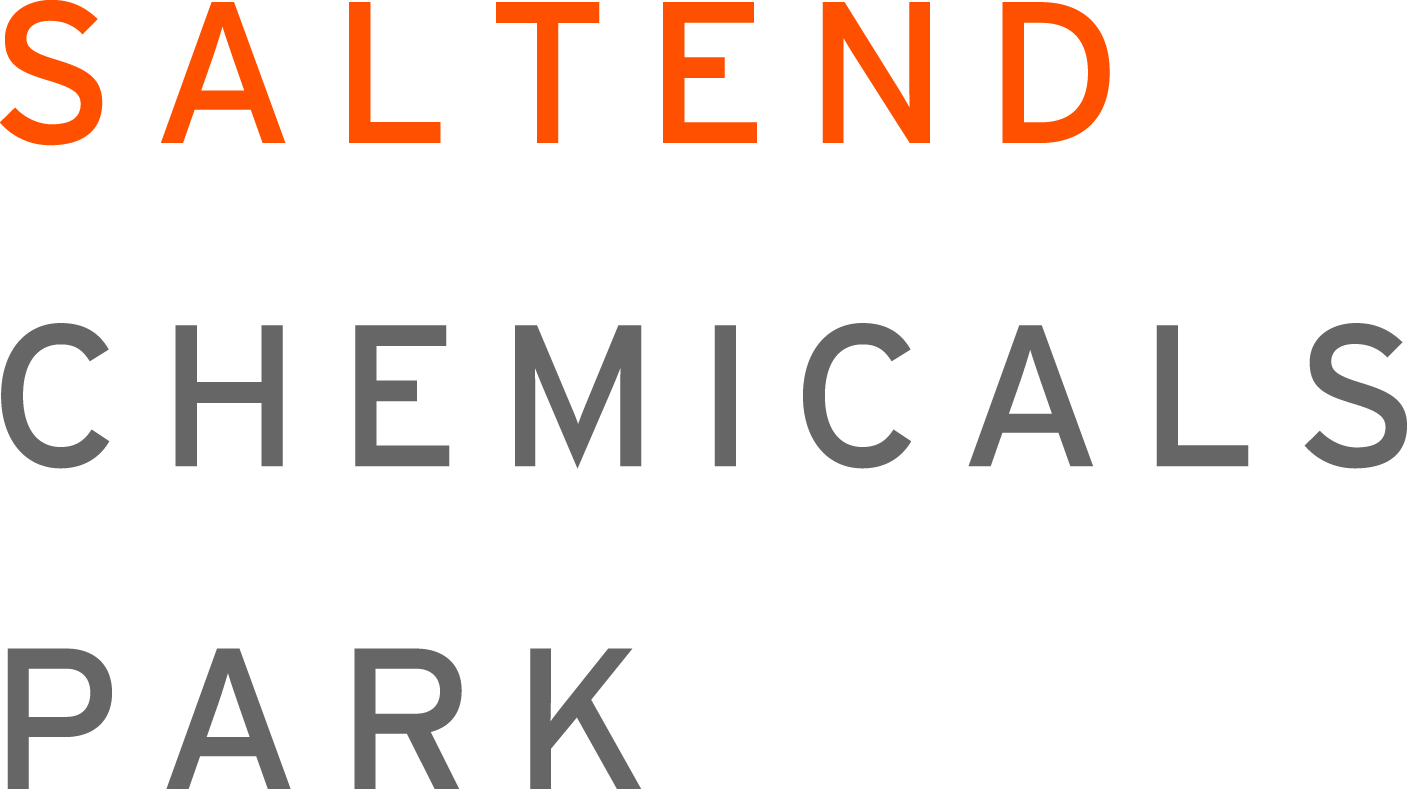





This article was written by Jay Brooks, Site Director Industrial Parks, px Group, and first appeared in Tank Storage Association’s magazine on 6th October 2021.
Much of the noise coming from the energy sector at the moment is rightly centred around the Energy Transition – a phrase that means many things to many people. To px Group, which manages and operates high hazard environments across the UK, including at our Saltend Chemicals Park, near Hull, the Energy Transition represents a sensible recalibration of energy supply that reduces emissions to protect our environment whilst ensuring our quality of life is maintained at the same time.
However, as we’re all looking forwards, talking about the future, and planning for growth in this new phase of industry, it’s paramount we don’t overlook what we do best and have been doing so well for years.
If you were to look up px Group in your favourite search engine, you would likely see numerous references to Saltend, which we purchased from BP in 2018. Since its formation as a multi-user chemical park, Saltend has benefitted from over £600m of investment and there is more to come with exciting new projects on the table.
Saltend, a 370-acre site with a number of world-class traditional energy businesses like INEOS and Mitsubishi Chemical, has seen unprecedented growth in recent months thanks to investment from companies heavily involved in those ‘newer’ technologies that will play a crucial role in the energy transition. Rare earths (critical to the electric vehicle and wind turbine industries), hydrogen (a greener, lower emissions energy source) and renewable fuels (Vivergo is set to restart at the Park in early 2022) are all now part of the Saltend family.
Terminal Operations – a difference maker?
Whether it’s a company in the renewable fuels, chemicals, or hydrogen sectors, regardless of the sector the one thing we constantly hear from those on site or considering investing on site is how well-run the underlying infrastructure, or Terminal Operations, is.
Terminal Operations is often seen as unglamorous, and as a result, new companies, when assessing which sites to invest in for their facilities, can often overlook it. That could be down to a lack of due diligence, or even perhaps the sites themselves not making enough of a song and dance about the operational capabilities. But our recent experience has told us that it can be the difference-maker.
Saltend handles over 2m tonnes of product each year, and that’s made possible by the high-quality infrastructure on site. Bulk storage, tank farms, deep water jetties open to all on site to distribute liquids, and road tanker loading facilities that enable almost 250 road movements each day, are all parts of our infrastructure that may seem small, but when added up make the Park a big attraction for new investment. The fact that investors on site can contract px Group itself to do the Operations & Management on site is an added incentive for those considering setting up at Saltend.
What next at Saltend?
I think it’s safe to say that bulk storage and tank farms don’t set everyone’s heart racing, but the reality is that our Terminal Operations is often at the heart of why new clients come to us. It’s what we’ve been doing best for years but we’re not resting on our laurels.
That’s why we are investing even more to keep our storage and logistics infrastructure at the top of the class, including in excess of £10M to reduce fugitive emissions from jetty ship loading and storage tank management.
At the same time, we’re prepping new land for development whilst also demolishing redundant tanks already on site as we gear up for new investments. Our clients, too, continue to invest in Saltend – INEOS for example has recently built two new large bulk storage tanks for acetic acid as well as new pipelines for jetty loading and unloading. Beyond that, we’re also looking to take the Saltend model elsewhere – both within the UK and overseas.
Earlier this year we received new investment – and new ownership from – Aksiom Services Group, whose expertise we are exploring to see how we can access new markets, particularly in Europe. We’re in earlystage discussions to do just that, which I hope reflects the considerable success the Park has experienced since 2018.
Of course – and there’s no shame in admitting this – aside from the companies investing at Saltend, the technology that’s being deployed, and the people on site, there’s very little that is truly revolutionary about Saltend as a standalone site. But that’s instructive in itself: getting the basics right – safety, efficiency, investment in services, quality infrastructure – will be the foundation of the energy transition, and Saltend is an embodiment of that.